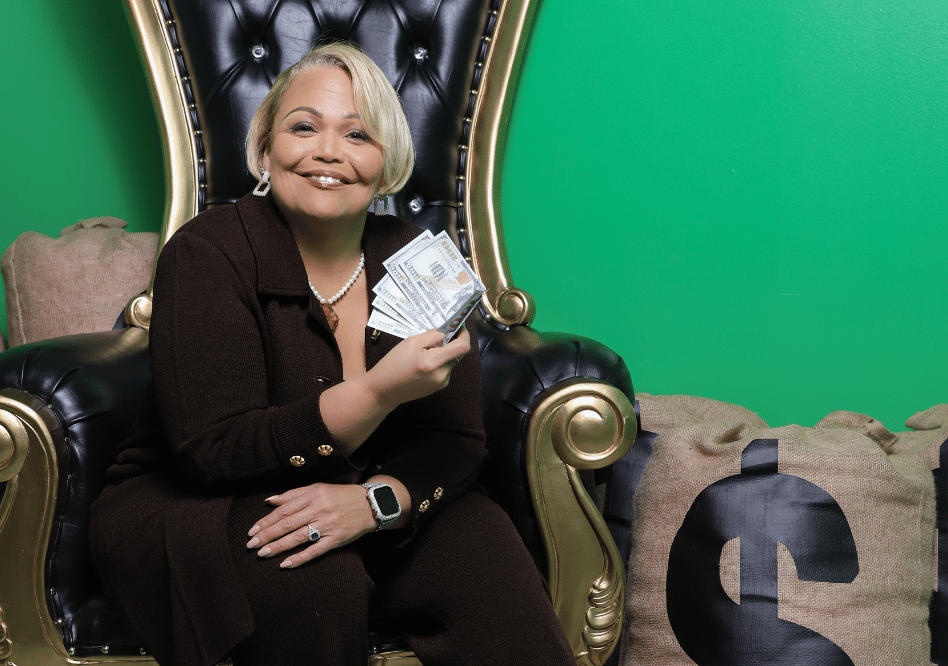Baby Boomers (born between 1946 and 1964) are working later in life, while Generation X (born between 1965 and 1980) are in the primes of their careers. Some of the Gen Y/Millennials (born between 1981 and 2000) have just launched their careers, yet a recent Harvard Business Review article titled Mentoring Millennials reported that “In four years Millennials …will account for nearly half the employees in the world.”
This is a major shift that creates obstacles and opportunities, especially in mentoring.
In most cases, we think about mentoring relationships involving an older, more seasoned leader mentoring a younger, less experienced mentee. Yet in this new economy, the skills and insights of younger generations are often the key to survival and success for many businesses. I recently took some time to explore the question “Can less experienced individuals be the mentor to more experience individuals?”
What I found may surprise you.
As boomers remain in the workplace longer, and as businesses reorganize to attract and retain top talent, many boomers find themselves reporting to someone significantly younger. In fact, this is becoming more common, especially as some of the priorities and needs of what a Boomer expects from their career shifts.
This creates a need/opportunity for an organization to develop a mentoring program that attracts younger generations to teach, as well as learn from, colleagues who are older. We can all agree that different generations have different approaches to and expectations of career. In a ‘safe’ mentoring environment (one in which participants are open and eager to learn from one another, regardless of age and experience) all three generations might learn the characteristics, values, goals and motivators of their counterparts.
Millennials, who get all their information and most of their socialization from the Internet, may help Generation X’ers understand that email is preferable to long meetings. The team-oriented Baby Boomers will find common ground with Millennials who highly value teams. Generation X leaders may help coach Millennials on self-reliance, and learn longevity from their Boomer colleagues.
Regardless of the generation a leader comes from, the leader who better understands what motivates his team has a better chance at creating incentives and rewards that will drive the team goals forward. And the team that understands and respects how their multi-generational peers view “work ethic”, diversity, work/life balance and compensation – the more harmonious and productive the team will be.
This type of environment also helps surface ideas on how to increase their services or enhance their products to reach multiple generations of customers. (Of course, this becomes a no brainer if the company is trying to grow their customers who happen to be in one of these demographics.)
I think it is also important to note that a mentee can gain insights personally, if they happen to have children, grandchildren or parents the ages of the specific generation. It can help them to see things from another perspective and gain insights on how to better understand and relate to those family members.
So, if you are part of a younger generation, why would you want to mentor a more experience leader? The thing you would gain from this relationship is the foundation of nearly every mentoring relationship – to learn wisdom from their experiences and journey. No, the journey for your mentor may not be the same as it is for you, and times change, but you can’t replace experience and knowledge when you are trying to grow and develop. Their path can provide you with ideas and strategies that have helped them advance. That different perspective enables the mentor to grow, as well.
So how would an organization get started? This is what a progressive company, one that wants to be a leader in innovative solutions and an employer of choice, would ask.
There are numerous ways to accomplish this goal. I think you have to consider the culture and climate of your organisation to determine what will work best for you. Here are a few things to consider before laying out this program.
- Will all organizational leaders have access to a mentor? If not, how will the program be offered?
- Will mentoring become part of an internal leadership development process?
- Would participation be a requirement or optional?
- Are there any expectations of the mentoring pairs (output, projects, etc.?)
- How long should the mentoring program last?
- Is the program being established to attain a specific initiative for a service or product?
- Are there measures and metrics that we want to gauge the success of this program?
The answers to these questions will help establish the framework for an impactful, multi-gen mentoring program. They are also critical questions to answer, as these answers will be the foundation of the next step of matching mentoring partners and implementing the program.
No one wants their mentoring program to become known as…”the brown noser to get ahead” or the “you owe me syndrome because I participated and helped the company to move forward.” Instead, the program should address the business need and provide value to both individuals involved. Ideally, a multi-gen mentoring program will also enhance the environment and atmosphere of the company … for generations to come.


